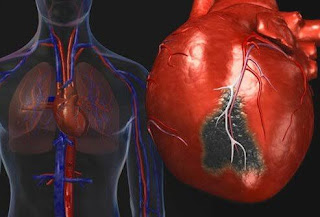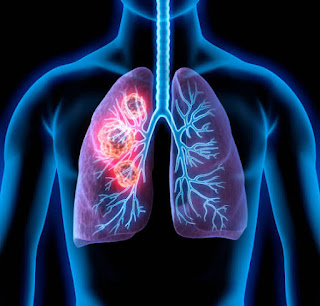In you and your health series today, we shall be talking about cigarettes and the mysteries around them. History has shown that cigarette has their antecedent in Mexico and Central America around the 9th century. The nomenclature “ Cigarette is a French name that was introduced in 1830 when France started laying the foundation of her becoming the tobacco monopoly. A cigarette is a narrow cylinder containing burnable material, typically, tobacco that is rolled into thin paper for smoking. A cigar is distinguished from a cigarette by its usual small size, use of processed leaf, and paper wrapping. Researches have shown that cigarette smoke has about 7000 chemicals including the harmful carbon monoxide (CO), hydrogen cyanide (HCN), lead among others. A person who smokes cigarettes is called a smoker.
BENEFITS OF SMOKING
Even though smoking may pose a great threat to the lives of smokers, researches have shown that the active ingredient “NICOTINE” in tobacco may protect against or reduce drastically the chances of diseases like Parkinson disease, ulcerative colitis, endometrial cancer, uterine fibroid, pre-eclampsia (hypertension in pregnancy), thyroid cancer, skin cancer. Nicotine also has a way of improving cognitive performance, managing psychiatric symptoms. This may warrant why even the speech of some smokers is full of wisdom times.
The fact remains that cigarettes cause more harm than good, hence, their beneficial effects are insignificant even when it helps.
INIMICAL EFFECTS: Cigarette smoking is the most important modifiable risk factor for cardiovascular diseases (CAD). The risk of CAD from smoking is dose-dependent, smoking enhances the oxidation of low-density lipoprotein and reduces HDL. This may be one of the reasons why smokers are usually emaciated. Nicotine causes transient constriction of coronary and carotid arteries which may invariably increase the risk for stroke, hypertension, and coronary heart disease.
PASSIVE SMOKING
PASSIVE smokers are also called second-hand smokers. The injurious effects of cigarette smoking are not only felt by active smokers but also the second-hand smokers. A passive smoker is someone who doesn't smoke directly but in one way or the other inhale the gas released by the active smoker(s). A passive smoker has 5 times more probability of getting lung cancer than a non-smoker.
WHY ADDICTION?
The addiction to smoking as being noticed in active smokers is due to nicotine; the active ingredient in cigarettes. It establishes a cycle potentiation for the action (smoking) in the brain.
THE SHOCKING FACT:
Baba Jago, a known chain smoker died without any traces of lung cancer due to smoking while Bro David has been diagnosed with lung cancer. Why and how? It is a known fact that smokers are liable to die young, at the same time, it is highly possible that a chain smoker may not have lung cancer. This is because some smokers have a special enzyme called GST( Glutathione-S-transferase), this GST helps to detoxify carcinogenic cigarette smoke. Smokers who are devoid of GST are more prone to develop lung cancer.
Till we meet again, Bye.
Go to the comment section, talk about your view on this topic. You can also suggest the topic you want us to talk about in the next series. Gracias.





















0 comments:
Post a Comment